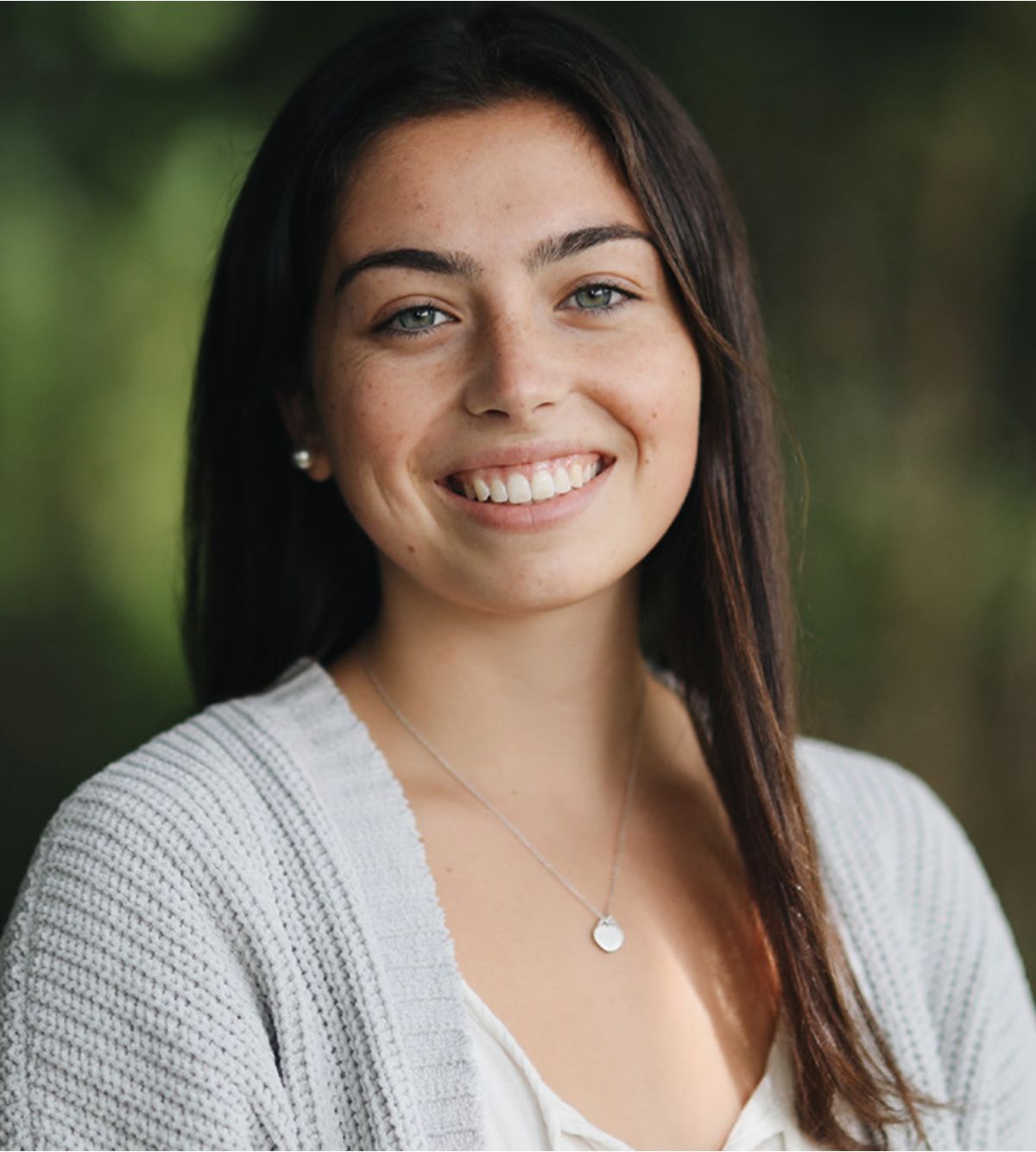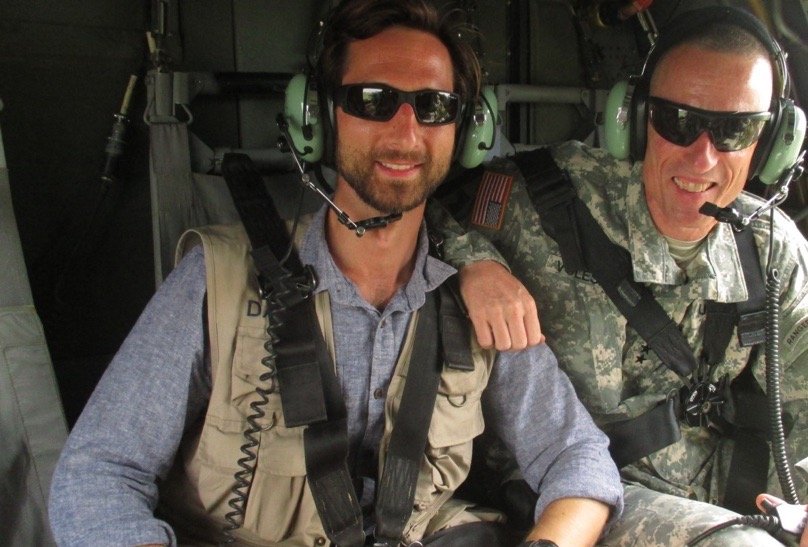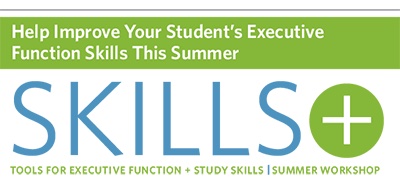- Our School
- Our Advantage
- Admission
- Elementary•Middle School
- High School
- Summer
- Giving
- Parent Resources
- For Educators
- Alumni
« Back
School Is Not Real
January 21st, 2022
I knew it in seventh grade. It was not a calling or a selfless desire to give back. I, too, wanted to eat and use the restroom whenever I pleased. These early realizations that led me to education are a stark reminder of an often-forgotten fact: school is not reality.
When a colleague more adept at details reviews this article for spelling and grammar, it will be considered a best practice. In school it’s called “cheating.”
When someone disregards the methodology and routines of the past and invents a more efficient system, in the business world they are an innovator. In school, they are “not fully applying themselves.”

RETHINKING THE ROLE OF SCHOOLING
It’s always been odd to me that our preparation for the "real world" is spent in an environment so foreign from it. I do not want people to die, so I never became a surgeon. I am afraid of the ball, so I never tried professional sports. My poor performance and apathy in these areas are not viewed as deficiencies, though. At no point in a professional interview has anyone asked me to recite all the state capitals. And yet, when a fifth grader with ADHD rushes through the comma rules, we scratch “lawyer” off the list. When a 10th grader does not memorize the periodic table, we wonder what will become of them.
If I asked the world’s most celebrated CEOs, physicians, pastors, lawyers, and bankers to spend eight hours each day shuffling between Shakespearean sonnets, the physics of motion, and the order of mathematical operations, most would conclude it is a waste of their time. They might see value in the effort, but few would understand how it is applicable to their lives or careers. In the “real world” we pursue our strengths and interests and find ways to compensate for our struggles. Even as I write this, I am alone in my office with my door closed. I know as a writer I must constantly read aloud my sentences to listen for flow and clarity. In school, I would be “disruptive.”
I am asking that we reconsider the role of schooling as a means of preparation for the “real world.” The real world’s problems are not solved in 45 minutes or less and rarely are the answers definitively right or wrong.
In short, I am asking that we reconsider the role of schooling as a means of preparation for the “real world.” The real world’s problems are not solved in 45 minutes or less and rarely are the answers definitively right or wrong. Further, the structure and design of most school classrooms are built to the specifications and conveniences of a traditional learner, yet the real world is not. As the leader of a school for dyslexic learners, the parent of two brilliant dyslexic children, and dyslexic myself, I often usurp the wise words of one of my colleagues when talking with parents and educators about students who learn differently: the dyslexic mind was built for the world but not for the traditional school model.
INSTRUCTIONAL DESIGN BASED ON SCIENCE
In the last 20 years, our understanding of the neurological underpinnings of learning have advanced exponentially. These advances are in large part due to studying the neurological processes and patterns of students with learning disabilities. By understanding the minds of students for whom traditional learning is complicated, we can now design instruction that benefits all learners by making what has been opaque and anecdotal, transparent, and precise.
Our understanding of how the brain acquires new information and transforms skills from novel to automatic should be disrupting our instructional and assessment practices as much as the pandemic-induced switch to online learning. Unfortunately, though, our methods still seem to overvalue speed, recall, and certainty, while the real world advances through collaborative process, persistence, and skilled communication.
If more and more students are requiring that we change our structures to accommodate their needs, at what point is it no longer a question of accommodations but a flaw in our designs?
I hear many of my colleagues and friends at traditional independent schools lament how overwhelmed they are by students and parents’ requests for accommodations. The demands to individualize instruction and assessment—justified or otherwise—feels unsustainable. However, while the narrative that this is the result of entitled parents, snowflake students, or compromised admission standards may be comforting, it is not productive or accurate. In my experience, accommodations are rarely about changing what a student is expected to know but the manner in which they display their understanding. If more and more students are requiring that we change our structures to accommodate their needs, at what point is it no longer a question of accommodations but a flaw in our designs? Perhaps the solution is not to hire more learning specialists, but for us all to become one.
THE EDUCATIONAL PLAYBOOK HAS EVOLVED
Prior to COVID-19, the world was changing at a rate beyond human comprehension, and the pandemic has only accelerated its velocity. I empathize with the reservations and fears that if we change our traditional approaches to teaching and learning to accommodate more diverse learners, we in turn risk losing our previous record of success. As we claw our way out of this pandemic, though, has it been the practices, knowledge, and profiles of 30 years ago we have relied upon? As the world shut down and turned upside down, did we hope our scientists, doctors, and leaders would reference the playbooks that failed to prepare us in the first place?
In the last 20 years, our schools have done a wonderful job grappling with the new complexities of content. Technology required that we evolve from an instructional design that valued what you know to a higher standard of what you can do with that information. Now we must grapple with the complexities brought by a more advanced understanding of learning. Otherwise, we will be preparing our students for a world that no longer exists.
This post originally appeared on the website of the Southern Association of Independent Schools (SAIS).
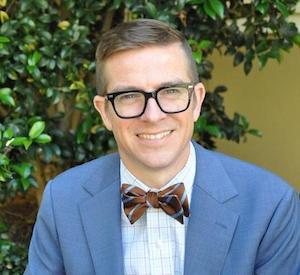
Author
Since 2016, Josh Clark has served as head of the Schenck School in Atlanta, which is dedicated to educating students diagnosed with dyslexia and other related language-based learning disabilities. He will become head of Landmark School in July 2022. Josh also serves as chair of the board of trustees for the International Dyslexia Association, is an expert contributor to Made By Dyslexia, and is a past SAIS board member.
Posted in the category Learning.




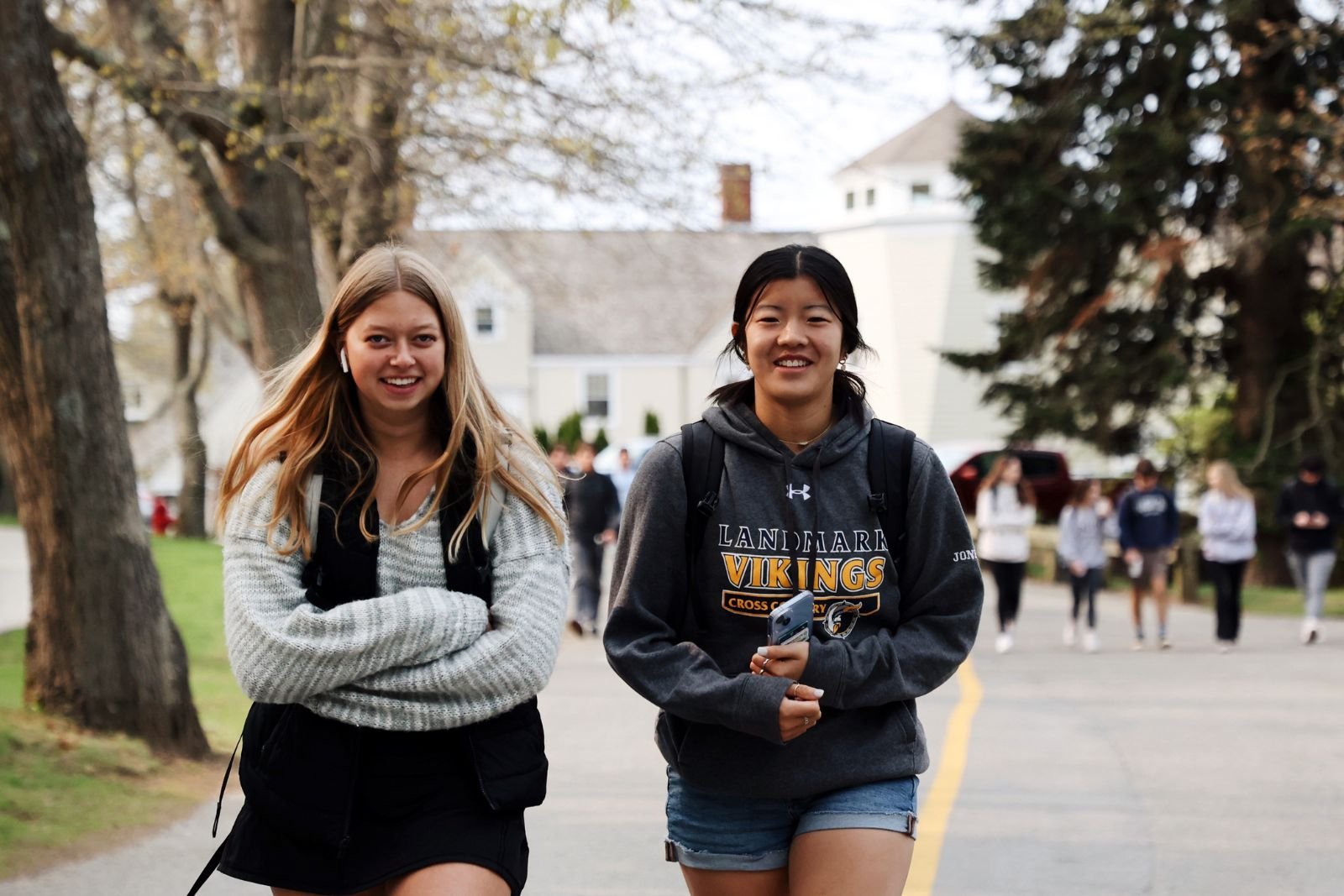
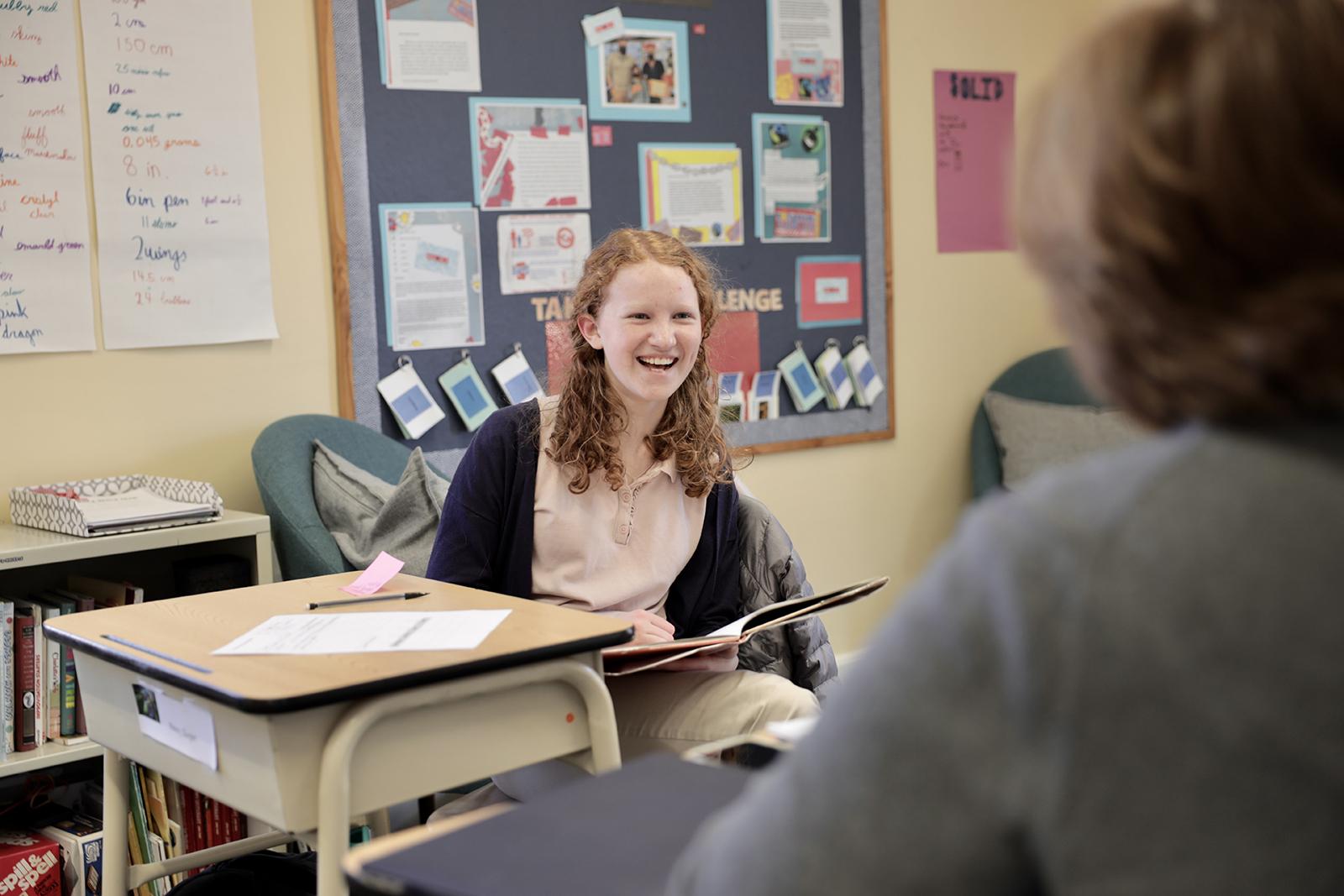
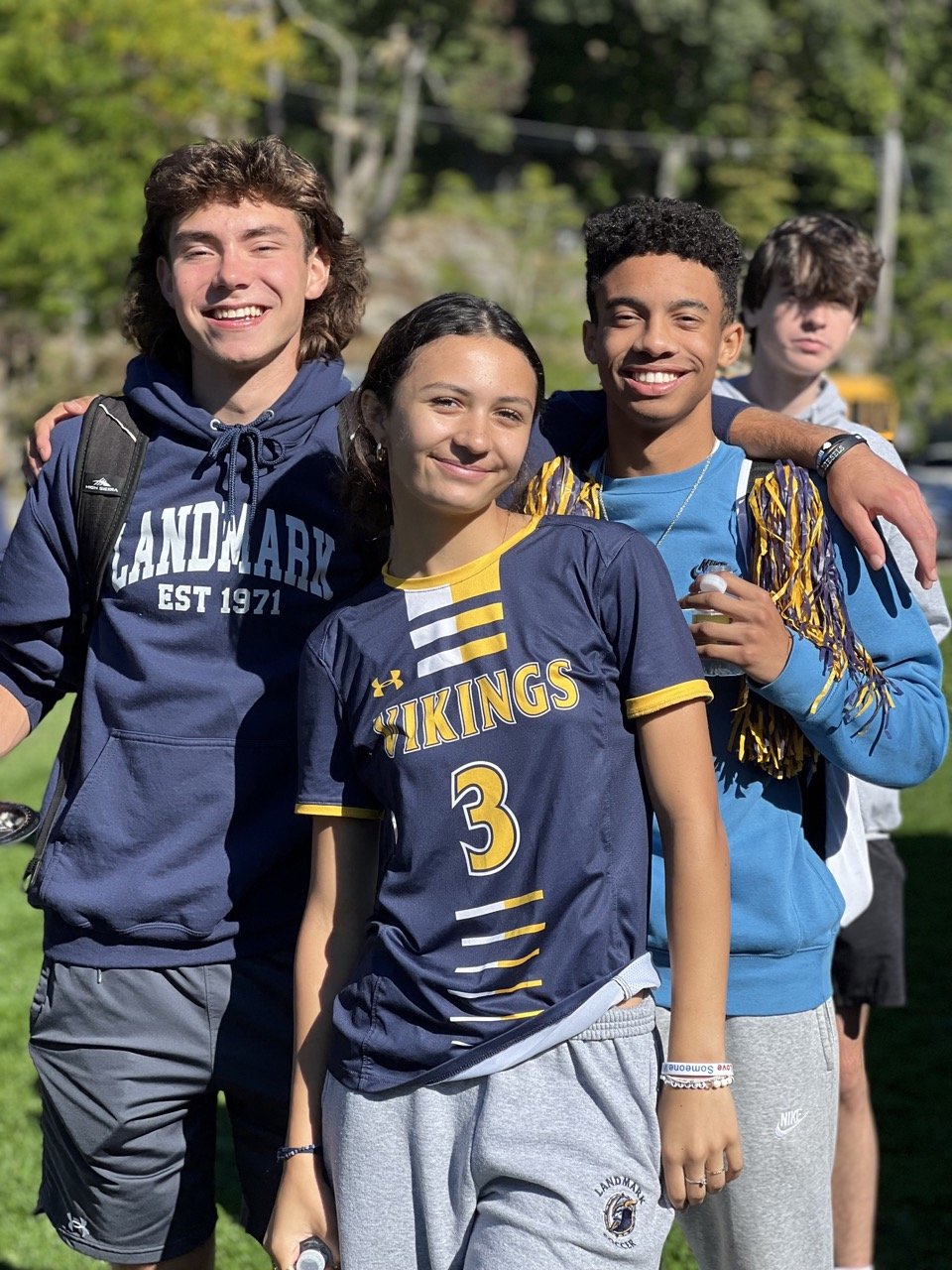

.jpg?v=1652115432307)

